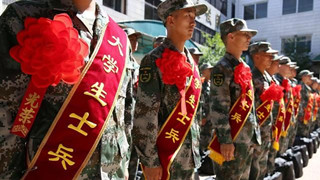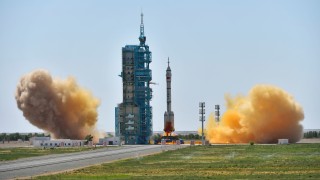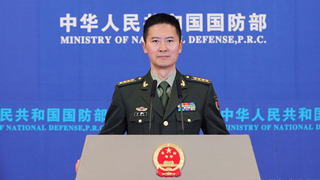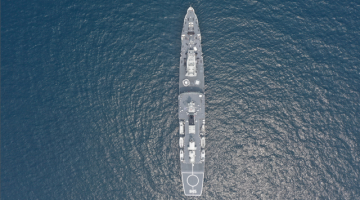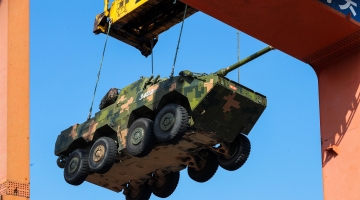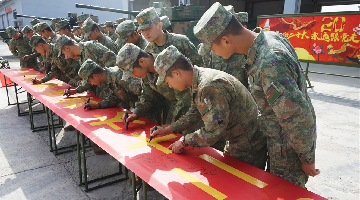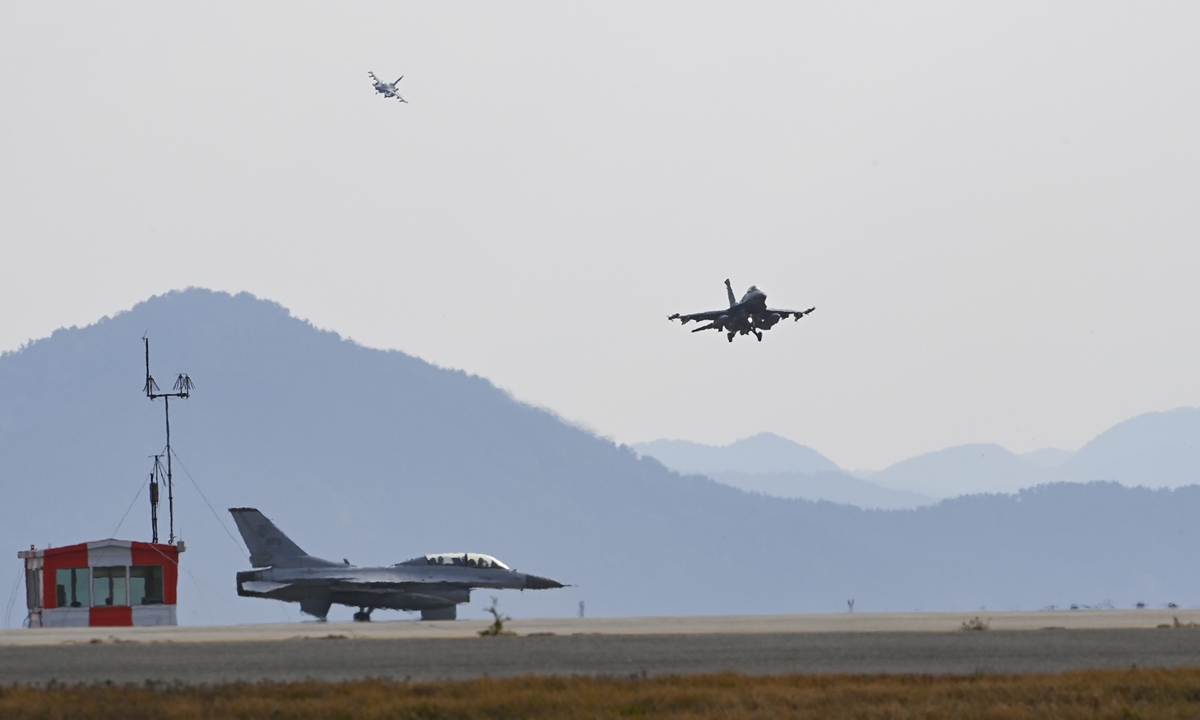
By Wang Qi
Tensions on the Korean Peninsula situation escalated to fresh heights on Wednesday when North Korea reportedly launched multiple missiles after a US-South Korea military drill kicked off, with Chinese officials and experts calling for restraint, as well as dialogue and peaceful solutions to the crisis.
North Korea reportedly launched the highest number of short-range missiles in a day, up to 23 as of press time. One of the short-range ballistic missiles landed close to South Korean waters for the first time since 1945, according to media reports.
Chinese Foreign Ministry spokesperson Zhao Lijian said on Wednesday that China has been closely following the situation on the Korean Peninsula. And it serves the common interests of the region to maintain peace and stability and address each other's concerns in a balanced manner through dialogue and consultation.
We hope the relevant parties will stick to the direction of political settlement of the Korean Peninsula issue, meet each other halfway and prevent escalation of the situation, Zhao said at a regular press briefing.
According to Yonhap, the launches on Wednesday mark the 15th time Pyongyang has fired missiles since South Korean President Yoon Seok-yeol took office on May 10. Nevertheless, Pyongyang's latest missile firing is still rare amid the growing intensity of the confrontational atmosphere in Northeast Asia, analysts said.
The missile launches are in response to South Korean-US joint deterrence efforts, to show its stance after feeling threatened, Lü Chao, an expert on Korean Peninsula issues at the Liaoning Academy of Social Sciences, told the Global Times on Wednesday.
Past experience has shown that increasing military deterrence against North Korea only provokes a tougher response from Pyongyang, heightens tensions on the Korean Peninsula and may even spur Pyongyang to speed up development of nuclear weapons, Lü said.
North Korea on Monday denounced the US-South Korean large-scale joint air drills, vowing to take all necessary measures to defend its sovereignty and security from external military threats, and that "more powerful follow-up measures" will be taken if the US "continuously persists in the grave military provocations."
Lasting from Monday to Friday, the drill is the first between Seoul and Washington to feature US F-35B fighters. It also involves about 240 warplanes conducting about 1,600 sorties, according to US media.
On October 26, South Korea's first vice foreign minister Cho Hyun-dong said that Seoul had agreed with the US and Japan that North Korea's resumption of nuclear testing would have to be met with an "unparalleled response," Reuters reported. Cho discussed the issue with his Japanese counterpart Takeo Mori and US Deputy Secretary of State Wendy Sherman in Tokyo last week.
Zhang Jun, China's permanent representative to the United Nations, previously said that the tension on the Korean Peninsula is mainly caused by the US. Since North Korea took denuclearization measures in 2018, the US has failed to respond to Pyongyang's positive measures, failed to address Pyongyang's legitimate and reasonable concerns, and has not shown the due attitude of sincerely resolving the issue. There are a lot of things the US can do, such as easing sanctions in certain areas and stopping joint military exercises.
"Both Seoul and Pyongyang should remain calm and exercise restraint and try to resolve the tense situation through peaceful dialogue," Lü said.
Da Zhigang, director of the Institute of Northeast Asian Studies at Heilongjiang Provincial Academy of Social Sciences, told the Global Times on Wednesday that the situation on the Korean Peninsula and even in Northeast Asia could become more tense and filled with uncertainty in the future.
This is what the US wants to see and is pushing hard for, to turn China's neighborhood into a powder keg, Da said.
